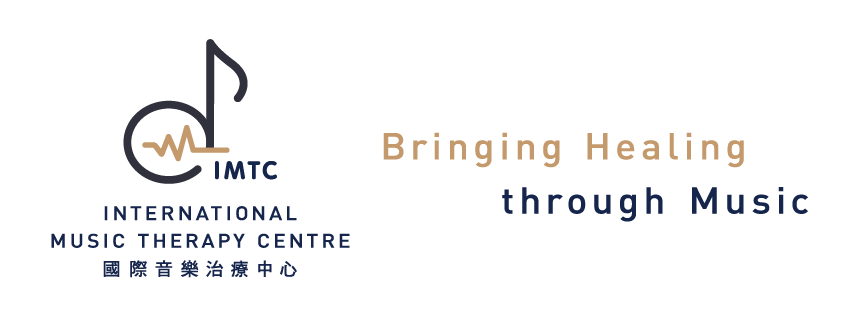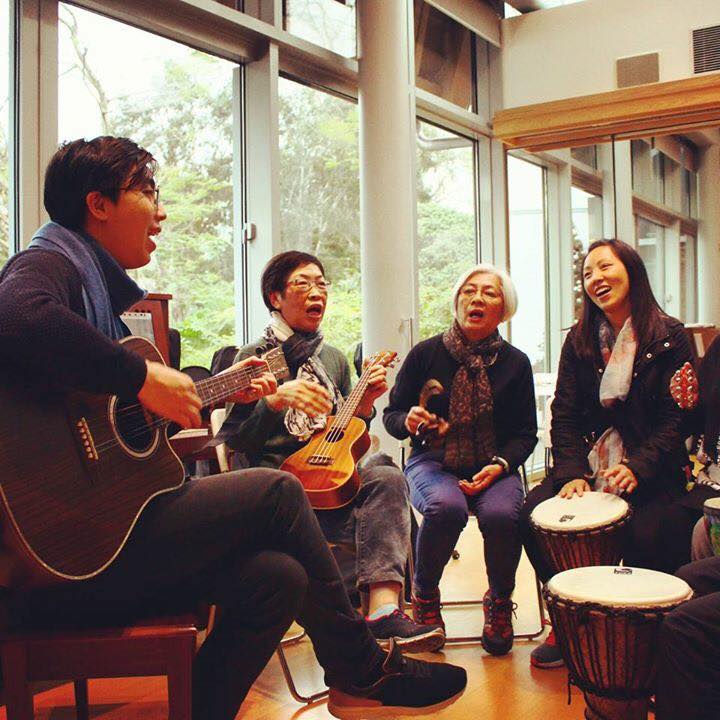When Sum Yee’s family was notified about her condition, they immediately admitted her to the hospital for treatment and surgery. Unfortunately, since Sum Yee and her family were not locals, Sum Yee’s mother was not able to stay at the hospital to care for and attend to her needs. This situation caused both Sum Yee and her mother great distress and emotional disturbance. The pain from Sum Yee’s surgery added further pressure to her emotional health, to the point that she was crying every day.
Eventually, Sum Yee was introduced to music therapy services. The therapy goals were to assist Sum Yee in her recovery process, reduce physical pain, help facilitate emotional relief (for both Sum Yee and her mother), and create opportunities for family bonding. More importantly, the goal was to help Sum Yee adjust to the hospital environment, increase her comfort levels, and holistically nurture her development.
The treatment proceeded smoothly. Sum Yee’s mother held her during sessions and they engaged in playing instruments and singing together. This stimulated a musical response in Sum Yee and facilitated a motivation to learn. Within a few sessions, there were visible improvements in Sum Yee’s mood and emotions. Sum Yee’s mother commented on how she has never seen Sum Yee so calm and content. Music is a natural pain reliever. Engaging with music helped Sum Yee temporarily forget her pain, and created lasting memories with her mother while assisting her path to recovery.












